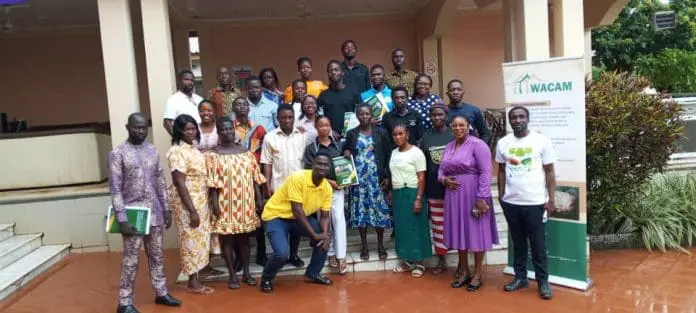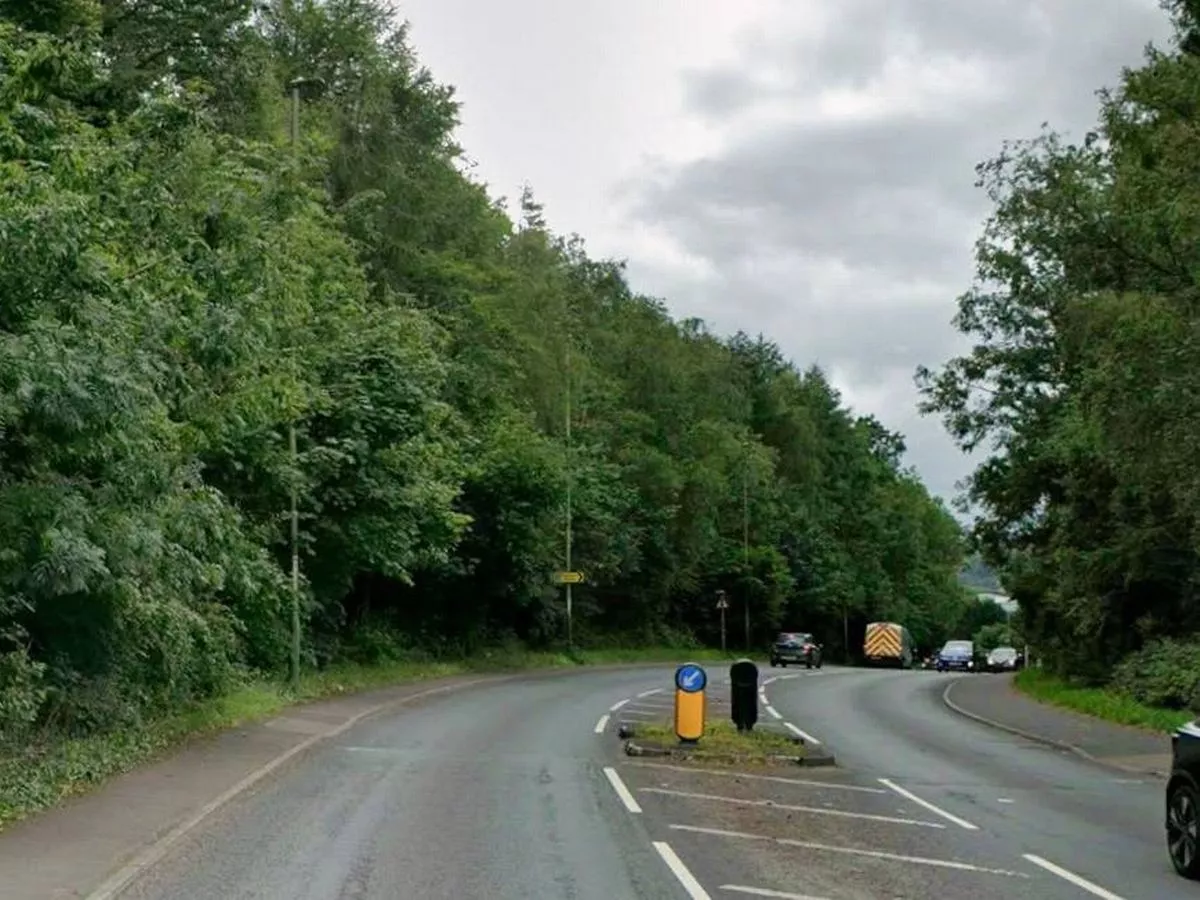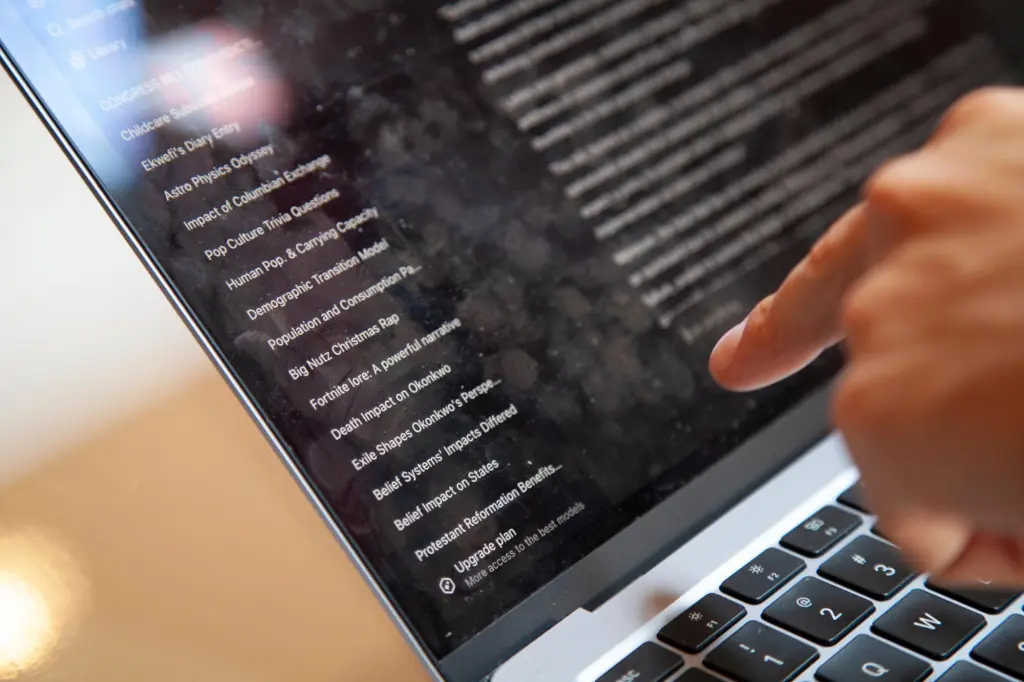Copyright ghananewss

Thirty community members from mining-affected areas in Ghana’s Western and Western North Regions have completed intensive paralegal training, equipping them with legal tools to challenge human rights abuses and environmental damage in extractive communities. The participants, including women and youth from areas impacted by mining operations, praised the EU BRACE initiative for empowering them to hold companies accountable. “This training arms us with the knowledge to fight for our rights,” said one participant from Awaso. “We’re no longer in the dark about what mining companies can and cannot do.” The training, held from October 14-18, 2025, was organised by Wacam under the Building Resilient and Active Communities in Extractive Landscapes (BRACE) project, implemented by a consortium of A Rocha Ghana, Wacam, and Nature and Development Foundation (NDF). Legal Frontline Defenders The Executive Director of the Centre for Public Interest Law (CEPIL), Lawyer Augustine Niber, who facilitated the training, defined paralegals as “community-mounted legal assistants” who educate, organize and empower. “Paralegals work in and with communities, and also organise communities to struggle for their rights,” Niber stated, outlining their critical role in providing legal advice, human rights monitoring, and dispute resolution. He emphasised that paralegals serve as the crucial bridge between marginalized communities and the justice system, particularly in remote mining areas where legal services are scarce. Gender Injustice in Mining The training highlighted systemic gender inequalities in mining impacts. Dr. Edgar Takyi Akonor, a University of Cape Coast lecturer, revealed that women are routinely excluded from compensation negotiations. “Compensation and benefits are paid to men on behalf of their families, denying women access to mining’s financial benefits and potentially increasing their economic dependence on men,” Dr. Akonor disclosed. He called for gender inclusion programs and community funds specifically for women affected by mining operations. Health and Environmental Alarms The Executive Director of the Centre for Environmental Impact Analysis (CEIA), Dr. Samuel Obiri, presented alarming evidence of mining’s reproductive health consequences. “Lead harms both male and female reproductive health. Cadmium is also a risk factor for poor pregnancy outcomes,” Dr. Obiri warned, citing multiple studies on mining chemicals including mercury, arsenic and manganese. Community Consent Crucial Lawyer Kwaku Afari stressed the principle of Free, Prior and Informed Consent (FPIC) as non-negotiable. “The FPIC principle is an empowering tool which grants communities the authority to define their own goals and destiny,” he asserted. The training also covered Alternative Dispute Resolution (ADR) methods, with Wacam’s Associate Executive Director Hannah Owusu-Koranteng noting that “understanding conflict is vital for effective resolution.” This marks the second paralegal cohort trained under the BRACE project in 2025, signaling growing momentum in community-led legal empowerment across Ghana’s extractive regions. The new paralegals have since returned to their communities as frontline defenders against mining injustices. By:Dennis Ato Keelson



